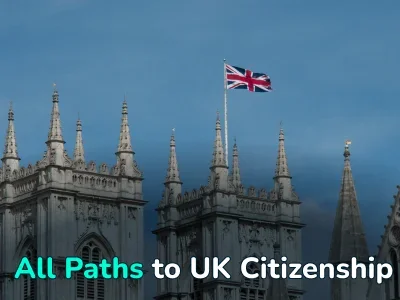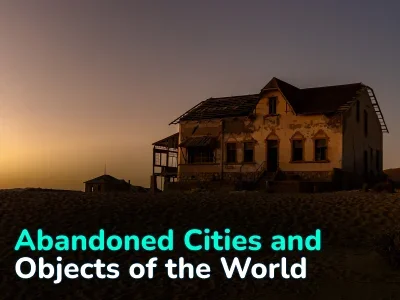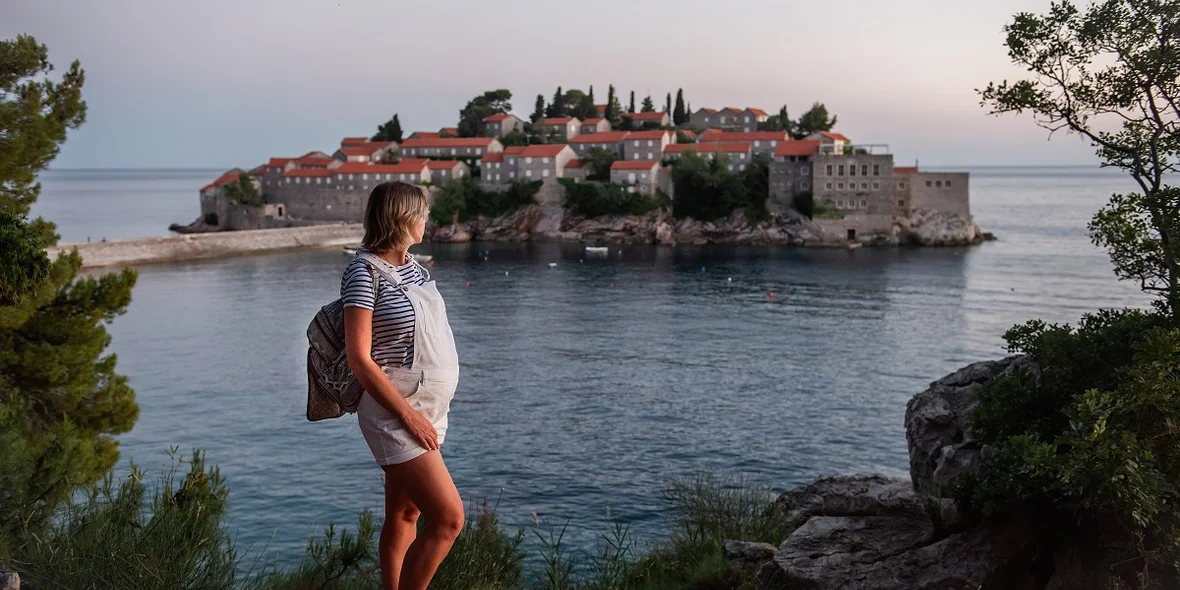
Birth Tourism: in Which Countries a Newborn is Automatically Granted Citizenship
There are quite a few countries that automatically grant citizenship to a newborn — there are already at least 25 of them in the world. There are even more places where you need to meet certain criteria (usually the parents). In this text, we will list all these countries and find out how much such a birth can cost.
Today, parents have the opportunity not only to give birth abroad but also to give the child citizenship of the desired country. This phenomenon is called “birth tourism.” That is, the child receives citizenship by right of soil (place of birth). In some countries, parents of such children also get the opportunity to get a second passport quite quickly. All the details are below.
Countries Where a Child is Granted Citizenship by Birthright
North, South, and Central America
Most countries in the Americas offer unconditional citizenship by right of soil.
|
Country |
Conditions for obtaining citizenship |
|
Argentina |
Automatically granted, except for children of diplomats. Parents may obtain citizenship at the birth of the child. |
|
Belize |
Automatically. |
|
Bolivia |
Automatically. |
|
Brazil |
Automatically granted, except for children of diplomats. Parents can apply for citizenship two years after the child's birth. |
|
Venezuela |
Automatically. |
|
Guyana |
Automatically. |
|
Guatemala |
Automatically. |
|
Honduras |
Automatically. |
|
Canada |
Automatic provision, excluding children of diplomats. |
|
Colombia |
If at least one of the parents has a residence permit in the country. |
|
Costa Rica |
If the parents are under 25, they will be able to obtain citizenship 7 years after the birth of the child. |
|
Mexico |
Automatically granted, except for children of diplomats. |
|
Nicaragua |
Automatically. |
|
Panama |
Parents can officially become citizens 5 years after the birth of their child. |
|
Paraguay |
Automatically. |
|
Peru |
When the child reaches 18 years of age. |
|
Salvador |
Automatically. |
|
USA |
Automatic grant for citizens and green card holders. Other categories of citizens, including migrants, are still in question due to Donald Trump's new executive order. |
|
Uruguay |
Parents also have the right to obtain citizenship immediately upon the birth of their child. |
|
Chile |
Automatically, except for children of diplomats. Parents can apply for citizenship 2 years after the child's birth. |
|
Ecuador |
Parents, siblings, and grandparents can obtain permanent residence as guardians and, after 3 years, citizenship. |
Caribbean countries
|
Country |
Conditions for obtaining citizenship |
|
Antigua and Barbuda |
Automatic granting of citizenship to all children born on the territory of the country, regardless of the citizenship of the parents. |
|
Barbados |
Automatic citizenship is only available to children born in the country after November 29, 1981. Children born abroad to Barbadian parents may acquire citizenship by right of blood. |
|
Grenada |
Automatic citizenship for all children born in the country. |
|
Dominica |
Citizenship is also granted automatically to all children born in the country, regardless of the citizenship of their parents. |
|
Cuba |
Automatic citizenship for children born in the country. Parents can obtain citizenship two years after the birth of the child. |
|
Saint Vincent and the Grenadines |
Citizenship is automatically granted to all children born on the territory of this country. |
|
Saint Kitts and Nevis |
Similar to the previous point. |
|
Saint Lucia |
Citizenship is granted automatically to all children born in the country. |
|
Trinidad and Tobago |
Citizenship is also automatically granted to all children born on the territory of the country. |
|
Jamaica |
Citizenship is automatically granted to all children born in the country, as well as to children born abroad to Jamaican parents. |
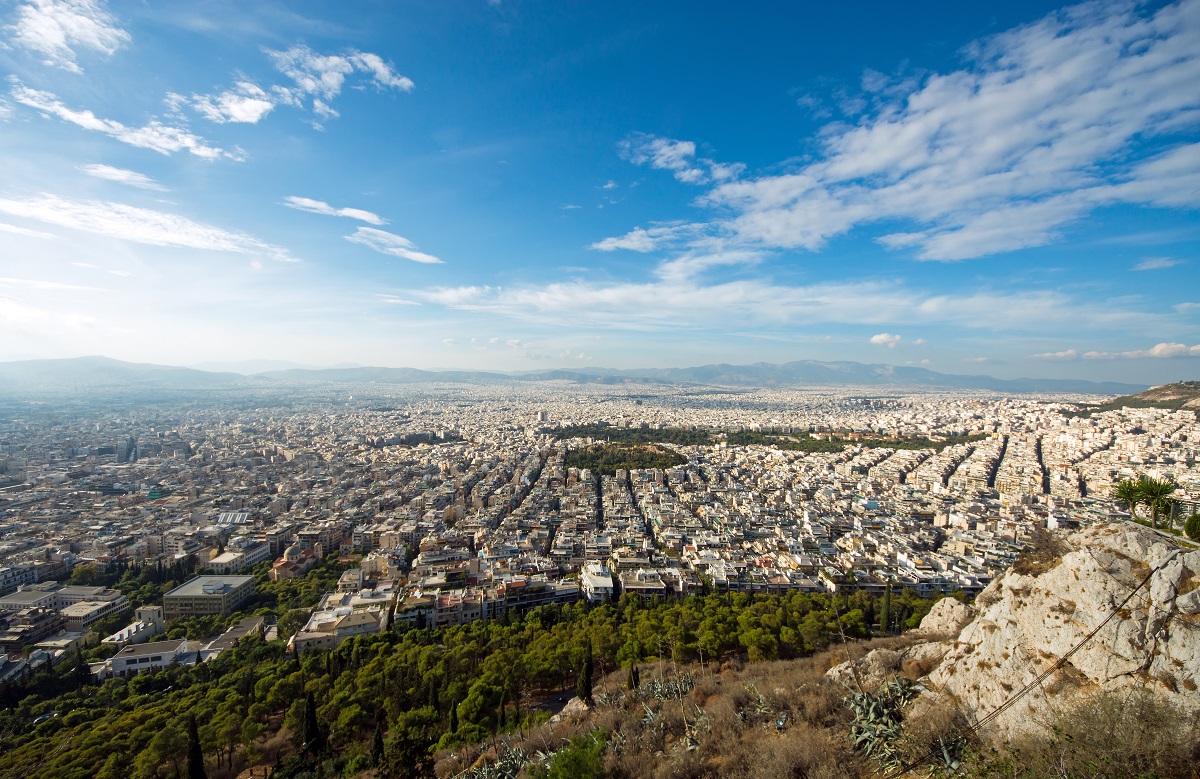
Europe
In European countries, a combination of the principles of "jus sanguinis" and "jus soli" is usually applied, supplemented by specific conditions:
|
Country |
Conditions for obtaining citizenship |
|
Belgium |
Parents must have legally resided in the country for at least 10 years. |
|
United Kingdom |
At least one of the parents must have permanent residence in the country. |
|
Germany |
If at least one of the parents had a permanent place of residence for 3 years and lived in the country for at least 8 years before the birth of the child. |
|
Greece |
Legal residence of parents in the country for at least 5 years. |
|
Ireland |
One of the parents must have a permanent residence and have lived in the country for at least 3 years. |
|
Spain |
Citizenship is granted if at least one of the parents was born in Spain or if both parents are unable to transmit their citizenship to the child. |
|
Netherlands |
One of the parents must have permanent residence in the country. |
|
Portugal |
If at least one of the parents has legally resided in the country for at least one year on the basis of a residence permit. |
|
France |
If the parents have legally resided in the country for at least 5 years before the child's birth. The child can obtain citizenship at the age of 13, subject to the rules of residence. |
Asia
In Asian countries, the principle of jus soli is applied less frequently and usually with additional conditions:
|
Country |
Conditions for obtaining citizenship |
|
Cambodia |
Provided that the parents legally reside in the country. |
|
Malaysia |
If at least one of the parents has a permanent residence in the country. |
|
Pakistan |
Automatically granted, except for children of diplomats. |
|
Thailand |
If the parents have legally lived in the country for at least five years before the birth of the child. |
Africa
Some African states practice granting citizenship by right of soil, but often with additional conditions:
|
Country |
Conditions for obtaining citizenship |
|
Lesotho |
Automatically granted, except for children of diplomats. |
|
Namibia |
If at least one of the parents is a citizen of this country. |
|
Tanzania |
Automatically granted, except for children of diplomats. |
|
South Africa |
If the parents have permanent residence in the country. |
Oceania
The following table shows how the law of the soil is applied in the countries of Oceania.
|
Country |
Conditions for obtaining citizenship |
|
Australia |
If at least one parent has permanent residence in the country or if the child will live the first 10 years in Australia. |
|
New Zealand |
If the child cannot obtain another citizenship or at least one parent has permanent residence in New Zealand or Australia. |
|
Tuvalu |
Automatically, except for children of diplomats. |
|
Fiji |
Automatically granted, except for children of diplomats. |
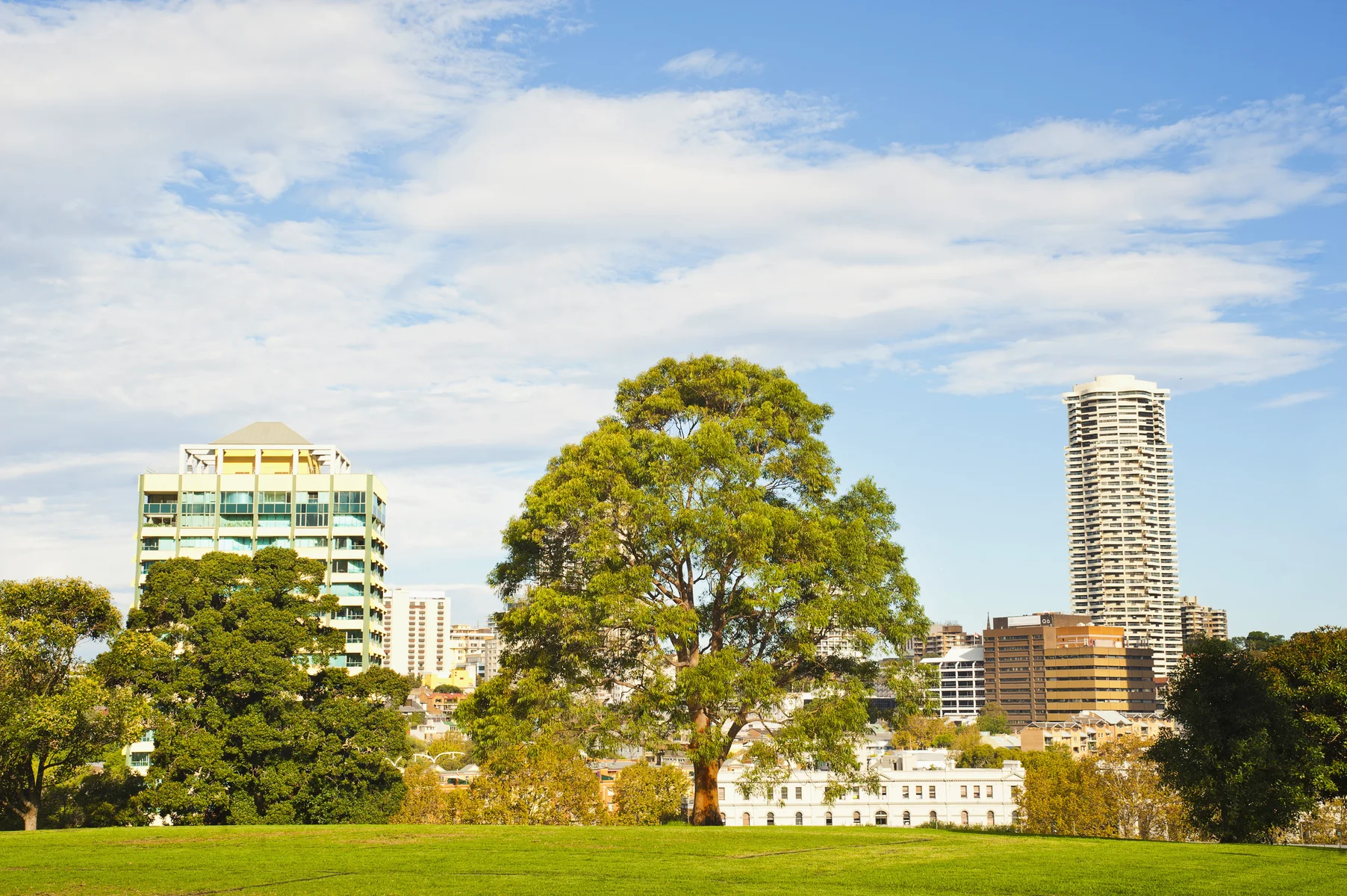
Peculiarities of Obtaining Citizenship in Individual Countries
Let's take a closer look at the process of obtaining citizenship in some popular destinations.
USA
Until January 2025, the U.S. granted citizenship to all children born in the country, with the exception of children of diplomats. This right was enshrined in the 14th Amendment to the U.S. Constitution.
However, on January 21, 2025, President Trump signed an executive order significantly limiting this right. According to the new executive order (which has now been temporarily suspended by the court):
The right to citizenship is preserved for children:
- U.S. citizens
- Lawful permanent residents (green card holders).
Eligibility for citizenship is restricted for children of:
- Illegal immigrants.
- Persons with temporary visas (tourist, student).
- Persons in the country without documentation.
Current decree status:
- Temporarily suspended by federal court (effective January 23, 2025).
- Challenged by 22 states in federal courts.
- A final decision is expected from the U.S. Supreme Court.
Citizenship process (for those eligible):
- Obtaining a certificate from a birthing facility.
- Obtaining a birth certificate.
- Applying for a passport for the child.
Important:
- Annual tax returns must be filed on behalf of the child.
- When the child reaches the age of 21, he or she may apply for U.S. citizenship for his or her parents through a family reunification program (if the parents have legal status).
- The executive order is scheduled to take effect on February 19, 2025, unless finally blocked by the courts.
Note: the situation is still evolving and a final decision on the constitutionality of the decree has yet to be made by the U.S. court system.
Canada
Canada also grants citizenship to all children born on its territory, regardless of the citizenship of the parents.
The process of obtaining citizenship:
- Obtaining a birth certificate.
- Filling out the passport application form.
- Submitting documents and receiving a passport in the child’s name.
Mexico
Mexico grants citizenship to all children born in the country.
Important to know:
- Parents can obtain Mexican citizenship 2 years after the child's birth.
- To obtain citizenship, parents must pass exams in Spanish and the history of the country.
Argentina
Argentina grants citizenship to all children born on its territory.
Important to know:
- Parents can obtain Argentine citizenship almost immediately after the birth of their child.
- For the naturalization of parents, the following will be required: passports, birth certificates of parents, birth certificate of an Argentine child, certificate of residence in Argentina, certificates of no criminal record, proof of income, and marriage certificate (if available).
Read Anna and Alina's personal stories about giving birth in Argentina.
Germany
Germany combines the principles of jus sanguinis and jus soli.
Conditions for obtaining citizenship by right of blood:
- The child was born in a marriage where one of the spouses is a German citizen.
- The child was born out of wedlock to a mother who is a German citizen.
- The child was born out of wedlock to a father who is a German citizen, subject to recognition of paternity.
Conditions for obtaining citizenship by right of soil:
- One of the parents has been legally residing in Germany for at least eight years.
- The parent has a permanent residence permit or resides in the country as a Swiss citizen.
France
France has strict rules for obtaining citizenship for children of foreigners.
Conditions for obtaining citizenship:
|
Age of the child |
Requirements for residence |
|
13-16 years old |
Living for most of each year, starting at age 8. |
|
Since 16 years old |
Residence for the majority of each year, starting at age 11; not less than 5 years in total. |
Portugal
Portugal grants citizenship subject to the following conditions:
- The child was born in the country.
- At least one parent lived in Portugal for a year before the child’s birth (for example, on the basis of a residence permit).
United Kingdom
The UK grants citizenship to children born in the country if:
- The child was born after July 1, 2006.
- At least one of the parents is a British citizen or has permanent residence in the country at the time of the child's birth.
- Children of British Armed Forces personnel born abroad after 13 January 2010 also receive citizenship.
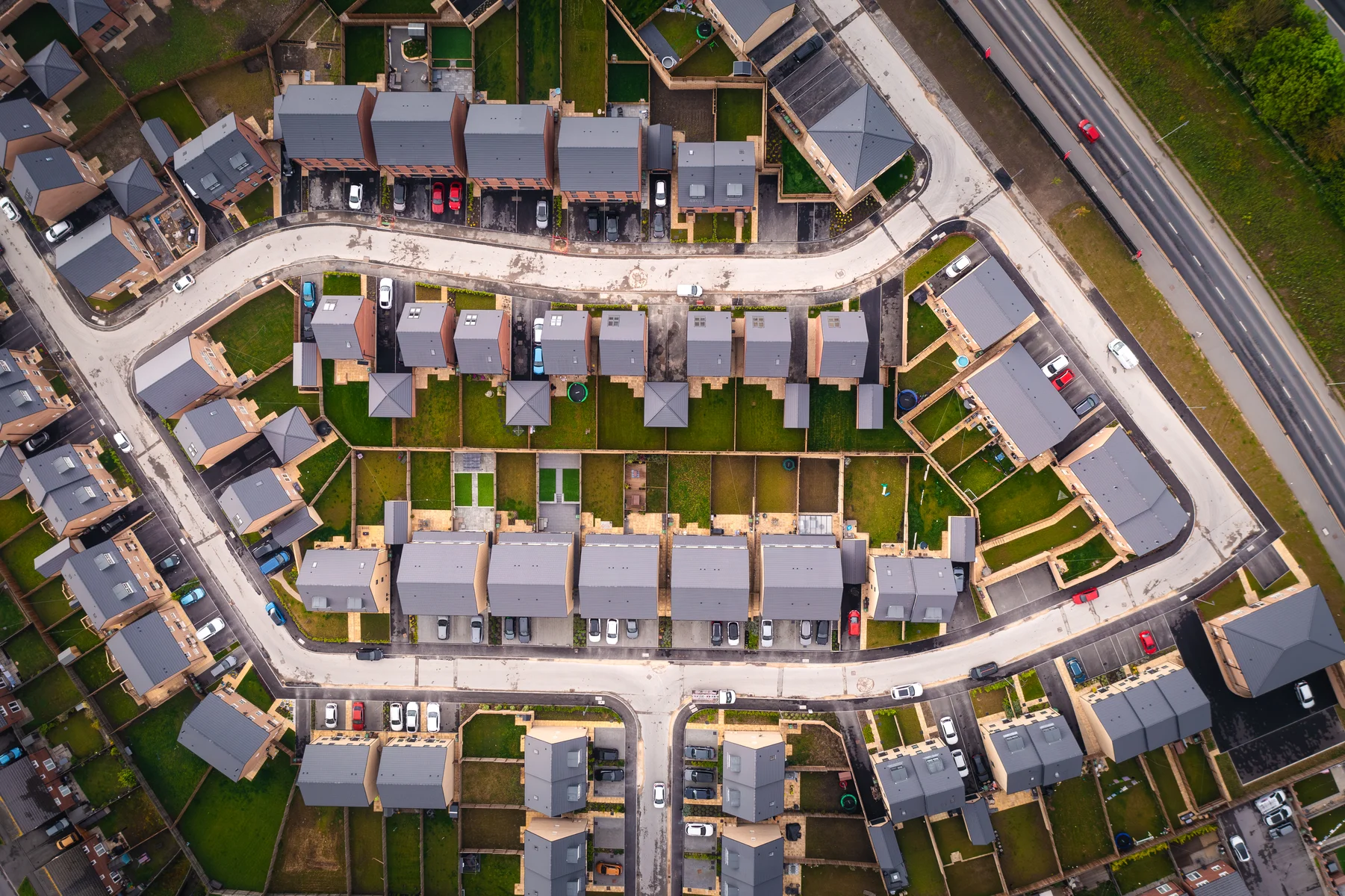
Organization of Childbirth Abroad
Organizing a birth abroad is a responsible process that requires several important steps:
- Select country and clinic.
- Preparation of necessary documents:
- Visa (if required).
- Passports (national and international).
- Medical insurance.
- Agreement with a medical institution (if any).
- Proof of residence.
- Financial documents.
- Marriage certificate (if any).
- Planning your trip (it is recommended to leave no later than 36 weeks of pregnancy).
- Childbirth in the selected country.
- Obtaining a birth certificate from the clinic.
- Registration of a birth certificate at the local registration authority.
- Obtaining citizenship and a passport for a child.
- If necessary, preparation of documents for parents.
Important. In some countries, automatically acquiring citizenship of the home country may disqualify a child from acquiring citizenship of the country of birth. It is important to carefully consider the laws of both countries before making a decision.
Cost of Childbirth Abroad
The cost of giving birth abroad can vary greatly depending on the country, the clinic chosen, and the type of birth. Below is a comparison table showing the prices for giving birth in popular destinations:
|
Country |
Cost of childbirth (EUR) |
Notes |
|
USA |
20,000–25,000 |
The highest prices, but also the highest level of medicine. |
|
Canada |
Free for citizens / from 10,000 for foreigners |
High level of medicine. |
|
Argentina |
3000–6000 |
Affordable prices, the possibility of free childbirth in state institutions. |
|
Brazil |
3000–6000 |
Average price level. |
|
Mexico |
350–1800 |
Some of the most affordable prices. |
|
Chile |
4000–4500 |
High level of medicine for Latin America. |
|
Germany |
8000–10,000 |
High level of medicine. |
|
Portugal |
1000–10000 |
Wide range of prices depending on the clinic. |
|
Israel |
6000–30,000 |
High level of medicine, significant price range. |
|
Spain |
3000–5000 |
Good level of medicine at average prices. |
|
France |
10,000–30,000 |
High level of medicine, but also high prices. |
What influences the cost of childbirth?
- Type of delivery: natural birth is usually cheaper than a cesarean section which can increase costs by 1.5–2 times.
- Selecting a clinic: private clinics are usually more expensive than public ones.
- Duration of stay: a longer postpartum stay increases the overall cost.
- Additional services: anesthesia, a private room, interpreter services, etc. can significantly increase the costs.
- Complications: any complications during pregnancy or childbirth can greatly increase the final cost.
- Prenatal care: if you plan to spend several months in the country before giving birth, the cost of prenatal care must also be taken into account.
When planning a budget for giving birth abroad, it is important to consider not only the cost of medical services but also related expenses: accommodation, food, paperwork, transportation, etc.
Comparative Table of Popular Countries for Childbirth
|
Country |
Child's citizenship |
Parents' citizenship |
Cost of childbirth (EUR) |
Level of medicine |
|
USA |
Automatic provision |
After 21 years |
20,000–25,000 |
High |
|
Canada |
Automatic provision |
Not provided |
Free for citizens |
High |
|
Argentina |
Automatic provision |
Immediately after birth |
3000–6000. You can give birth for free in state institutions. |
Average |
|
Brazil |
Automatic provision |
In a year |
3000–6000 |
Average |
|
Mexico |
Automatic provision |
In two years |
350–1800 |
Average |
|
Chile |
Automatic provision |
In two years |
4000–4500 |
Tall for Latin America |
|
Germany |
Under the following conditions |
Not provided |
8000–10,000 |
High |
|
Portugal |
Under the following conditions |
Not provided |
1000–10,000 |
High |
|
Israel |
Not automatic |
Not provided |
6000–30,000 |
High |
Frequently Asked Questions About Maternity Tourism
What is citizenship by right of soil?
Which countries provide unconditional citizenship by right of soil?
Which country is considered the most accessible for maternity tourism?
Will parents get citizenship if their child is born in another country?
What documents are needed to give birth abroad?
Is it possible to obtain dual citizenship at birth?
How much does it cost to give birth abroad?
How long do you need to stay in the country before and after giving birth?
Author
I am responsible for editorial work. I write expert interviews and guides.

















